Taiwan leader's separatist stance seen as very provocative toward mainland
Taiwan leader Lai Ching-te's recent speech demonstrated the dangerous nature of his brinkmanship policies and secessionist intention, which would lead to a tense situation in the Taiwan Strait, experts from both sides of the Strait said.
Their remarks came after Lai claimed on Oct 10 that the People's Republic of China cannot represent the island, and the two sides across the Strait are not subordinate to each other.
Zheng Jian, a professor of Taiwan studies at Xiamen University, said that Lai refused to acknowledge the 1992 Consensus and the one-China principle, removing a crucial cornerstone of cross-Strait peace.
He continued to adhere to his separatist stance conveyed in his speech while taking office in May, which was very provocative toward the mainland, Zheng said.
The Democratic Progressive Party knew clearly that provocative policies would lead to a tense cross-Strait situation, which was what they wanted as they have worked to promote "anti-China" sentiment on the island, he said.
Zheng criticized the DPP for exaggerating military exercises from the Chinese mainland before Lai's speech as a form of cognitive warfare operation.
"The DPP authorities knew in advance that Lai's speech was provocative, so they wanted to shift the responsibility for the increasingly tense situation in the Taiwan Strait onto the mainland. Hence, they claimed that regardless of what Lai said, the mainland would conduct military exercises," Zheng said.
"After Lai's speech, the DPP would suggest in various ways that it had shown goodwill, so why would the mainland take countermeasures?" he said, adding that this tactic was a way to deflect blame onto the mainland and manipulate perceptions.
"On the mainland side, there is no motivation to see tensions escalate in the Taiwan Strait. The mainland wants to see peace in the Strait and people living in harmony, with both sides striving for reunification," he said.
It demonstrated the dangerous nature of his brinkmanship policies, Zheng said, adding that it proved the deceptive nature of the "peace, democracy and goodwill" facade he presents.
While Lai's rhetoric might be highly deceptive, it did not absolve him of being the instigator of unrest in the Taiwan Strait, he said.
He added that "Lai is currently taking Taiwan society and its youth down a path towards war. There used to be peace and stability in the Taiwan Strait, and the tense situation was caused by the secessionists."
Wu Yongping, deputy director of the Institute of Taiwan Studies at Tsinghua University, said that internationally, some politicians saw Lai's proposal to cooperate with the Chinese mainland as extending an "olive branch", believing he has no malicious intent, but in reality, Lai's rhetoric was highly misleading and deceptive.
"By basing his rhetoric on the premise that Taiwan is an 'independent' country, Lai was engaging with the mainland as if Taiwan were an 'independent' nation. This statement was made from a 'pro-independence' standpoint rather than on the basis of the 1992 Consensus," he said.
"The mainland must respond with corresponding strength and intensity, making it clear to the international community, and also within Taiwan, that we cannot tolerate nor accept his stance," he added.
Hsiao Hsu-tsen, executive director of the Ma Ying-jeou Foundation, said although Lai mentioned the Republic of China in his speech, in reality, his concept of the Republic of China is completely different from that of the opposition Kuomintang Party.
Lai is pushing for the concept that the Republic of China is Taiwan, and treating the mainland as another country, while the KMT insists on one China based on constitutional provisions, he said.
Hsiao said that Lai was using the "Republic of China" as a shell while replacing its content with "Taiwan independence", and this approach could lead to a dangerous situation of potential conflict between the two sides, possibly escalating toward war.
Pro-reunification political parties and groups in Taiwan, including Taiwan's Labor Party, have issued statements pointing out that Lai's deliberate use of the term "goodwill "is an attempt at "peaceful secession", which is likely to prompt the mainland to respond with a more serious attitude.








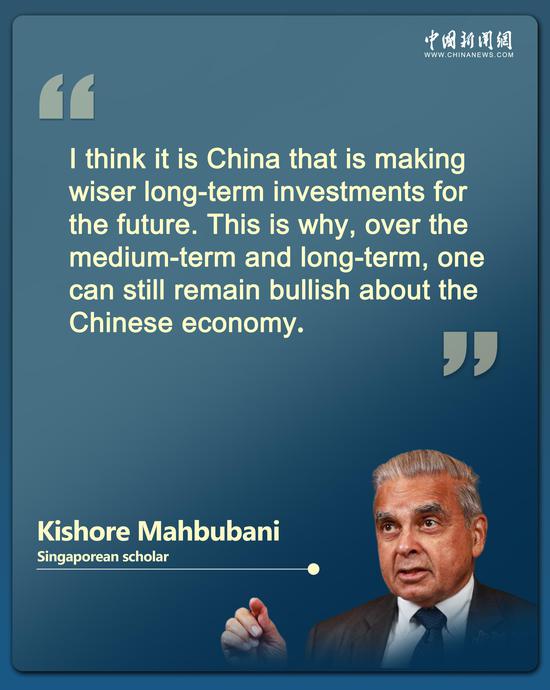
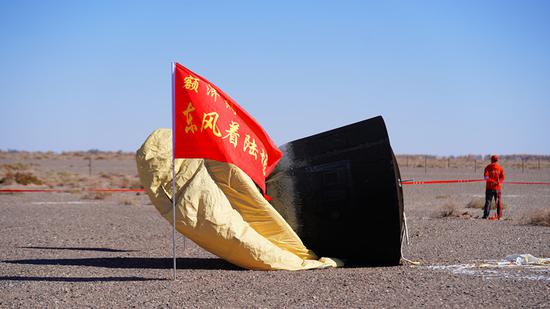




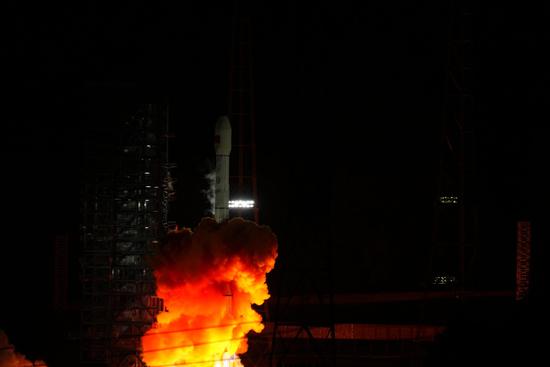




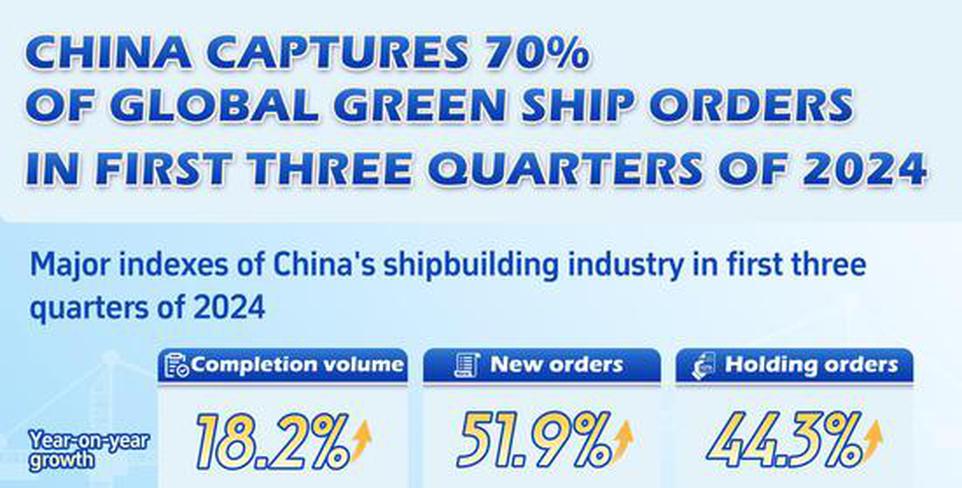



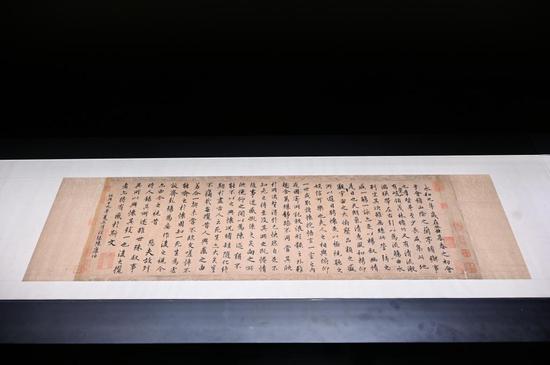



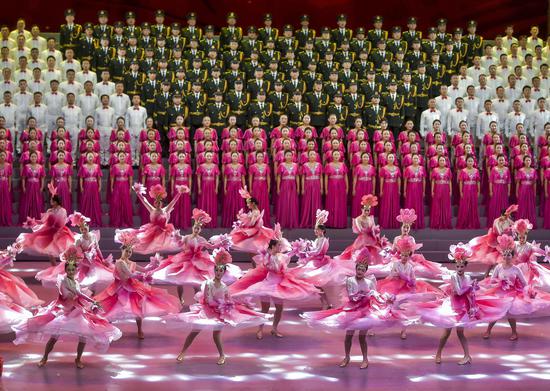


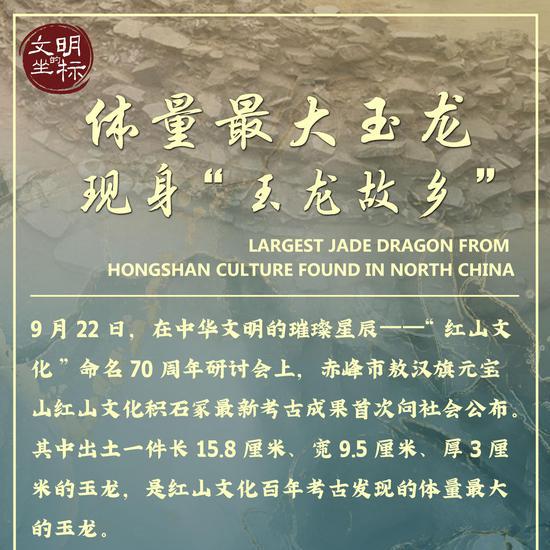
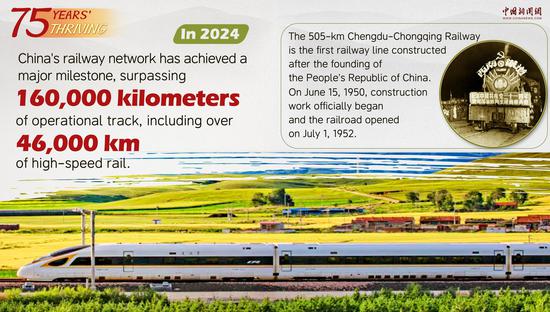







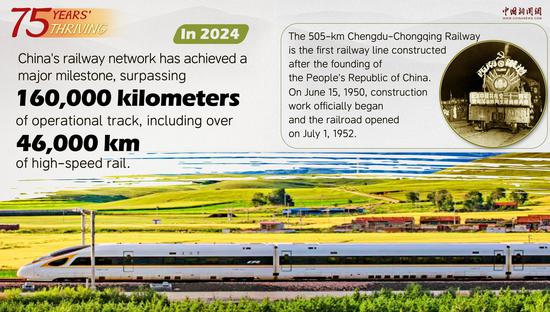
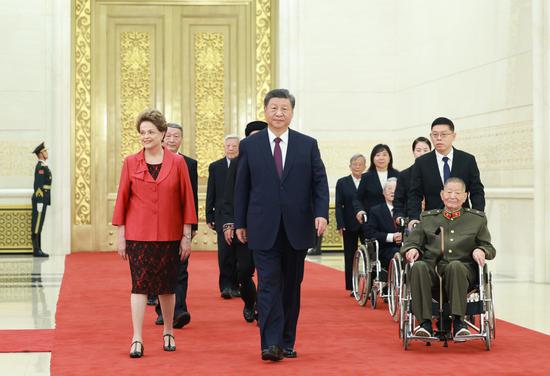


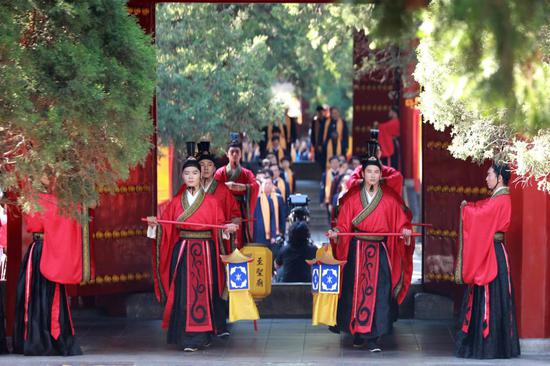
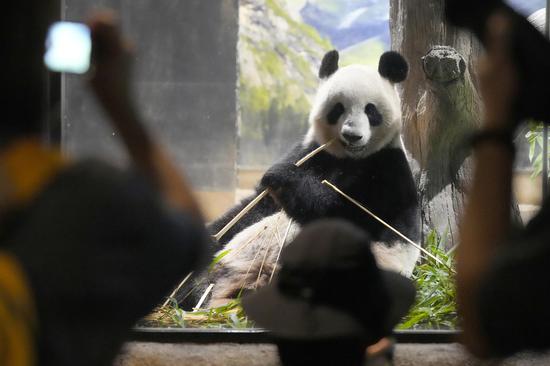

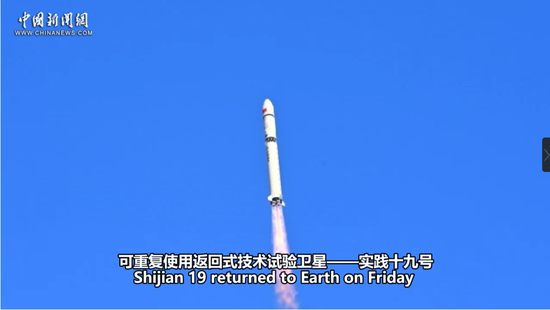



 京公网安备 11010202009201号
京公网安备 11010202009201号